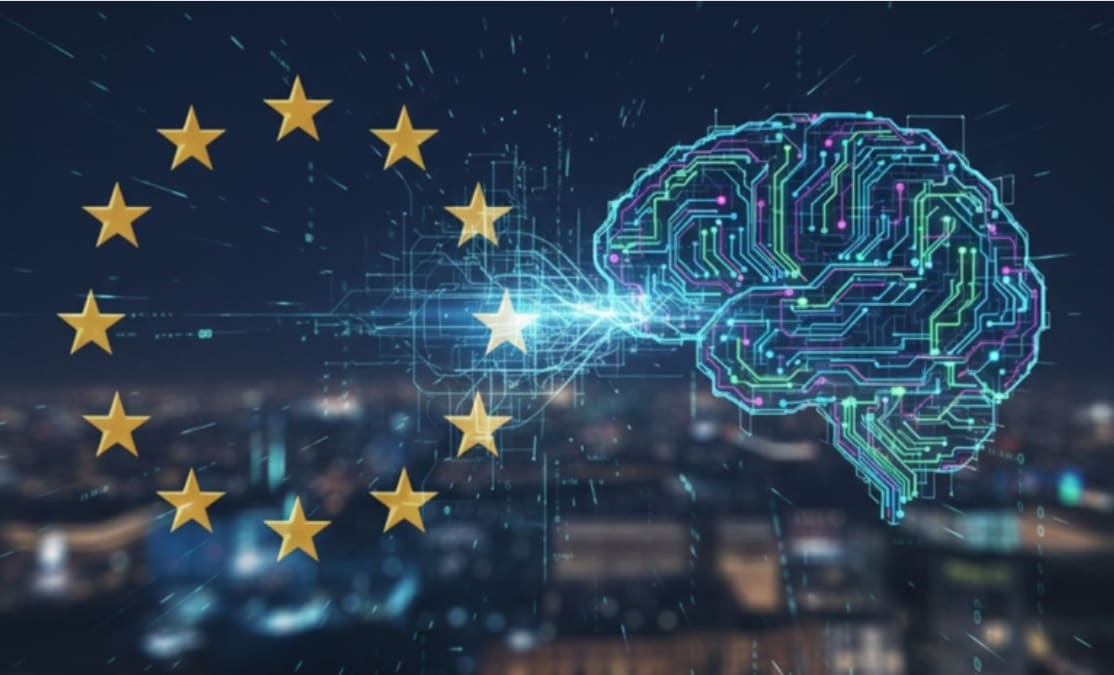Artificial intelligence, or AI, is everywhere today. It helps people with phones, computers, and many apps. It also helps companies and governments. But AI can make mistakes. It can be unfair or misuse personal data. That is why governments make rules to control AI.
The European Union created a law called the AI Act. The law is meant to protect people. It controls “high-risk” AI systems. These include systems used in hospitals, banks, schools, and courts. The rules require companies to check their AI and keep data safe.
Recently, news appeared that the EU may soften these rules. This means some requirements may be reduced. Companies may have fewer reports to file. They may have more time to follow the rules. Big tech companies, like Apple, Meta, and Google, asked for these changes. They said strict rules could slow down new AI products.
If the EU reduces the rules, companies could act faster. They could test new AI tools more quickly. Small companies may spend less money on rules. This could help them compete with big firms. Faster innovation may bring new AI tools to people sooner.
But softer rules also create risks. High-risk AI systems affect important parts of life. If rules are weak, these systems may make mistakes. They may be biased or use personal data in unsafe ways. People may not know how AI makes decisions. This could harm privacy and safety.
The situation shows a big question. How can Europe encourage innovation while keeping people safe? Governments want AI to grow. They also want rules to protect citizens. Some experts say Europe must find a balance. Too strict rules may stop innovation. Too weak rules may harm people.
The EU is not the only region facing this choice. The United States and China are investing heavily in AI. If Europe keeps strict rules, some AI projects may move to other countries. Companies may choose to build and test AI in places with lighter rules. This could reduce Europe’s role in the global AI race.
Some experts think easing rules could be good for business. It may make Europe more attractive for AI companies. More companies may invest in Europe. New AI tools may appear faster. Startups and small businesses may benefit.
Other experts warn about the dangers. AI can affect health, jobs, and personal safety. Mistakes in AI could have serious consequences. Privacy could be weakened. People may not control their data. Regulators will need to watch AI closely to prevent problems.
Citizens also need to understand AI. People should know how AI uses their data. They should understand how AI affects decisions. Awareness helps people stay safe. Even with lighter rules, users must be careful.
In the coming months, the EU will decide on the new rules. This decision will affect many people. It will affect big companies and small companies. It will affect startups and governments. The decision may shape Europe’s future in AI for years.
Softening rules may speed up AI innovation. It may give Europe a competitive advantage. But it also brings challenges. People, companies, and regulators must work together. They need to make AI safe, fair, and useful.
AI is not going away. It will keep growing in phones, apps, workplaces, and governments. The EU’s rules will guide how AI is used. The world will watch Europe closely. The decision may influence AI rules in other countries.
Europe’s AI future depends on balance. The balance is between innovation and protection. If done right, people can benefit from AI safely. Companies can create new products. Europe can stay competitive in the global AI market.
:
#AI #EU #AIRegulation #BigTech #DataPrivacy #Innovation #TechPolicy #ArtificialIntelligence #FutureTech
